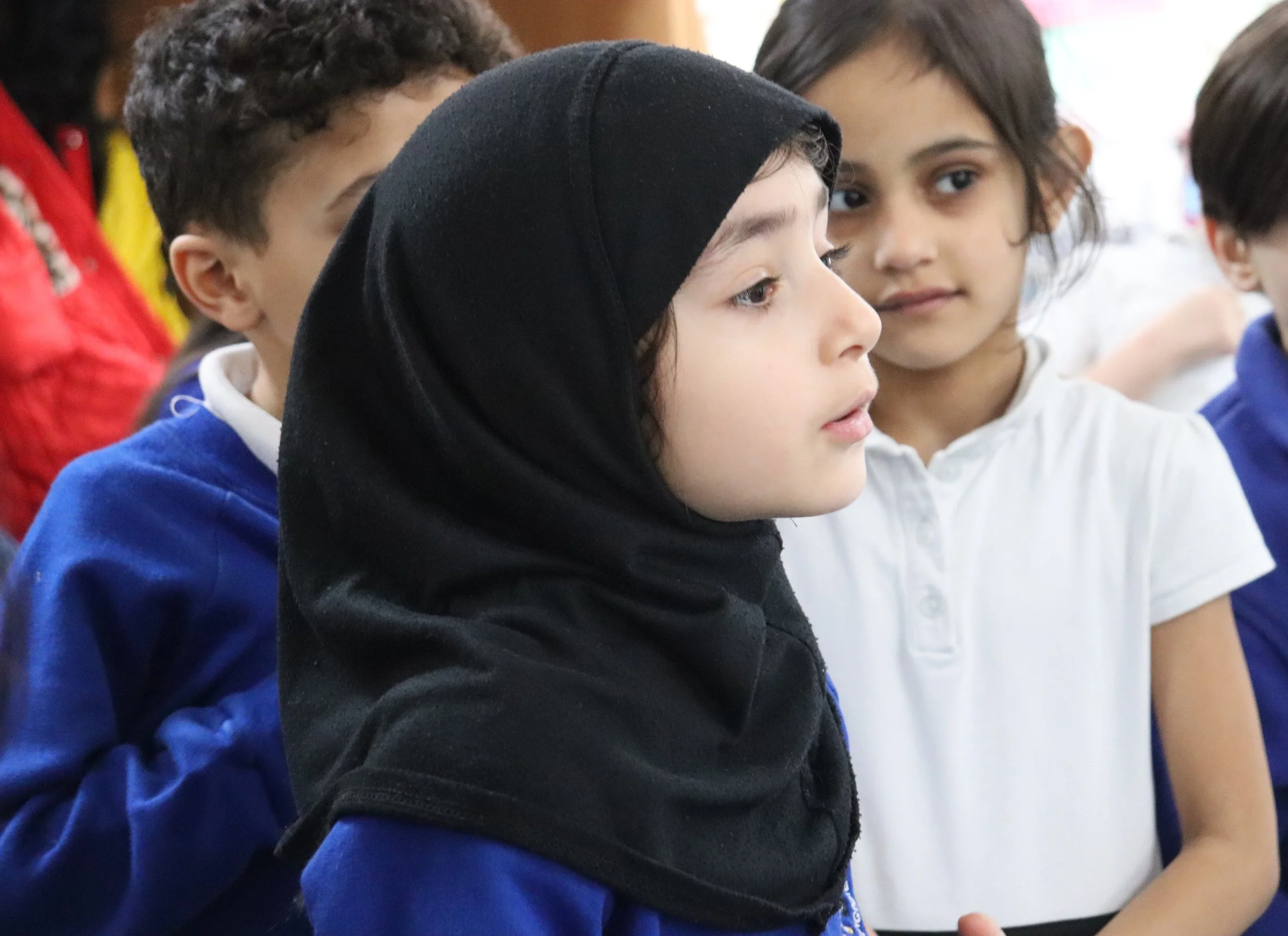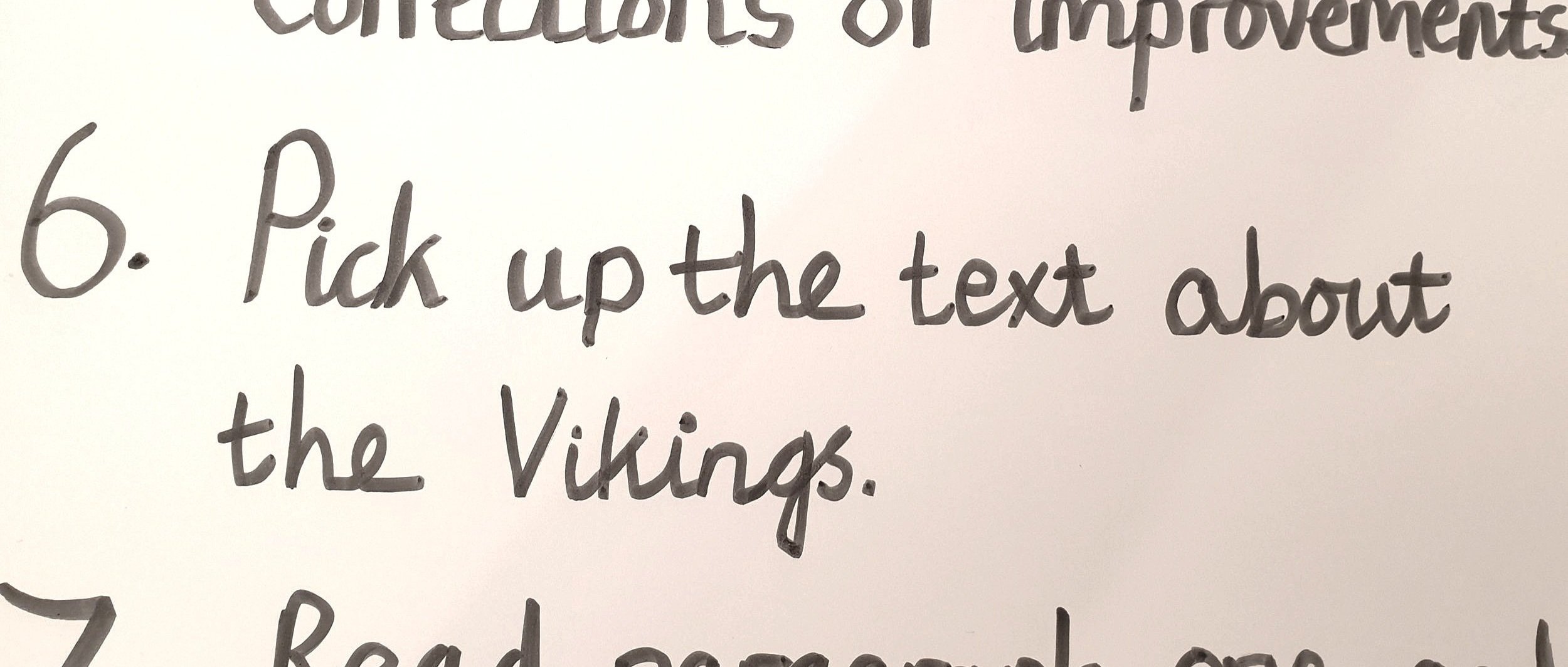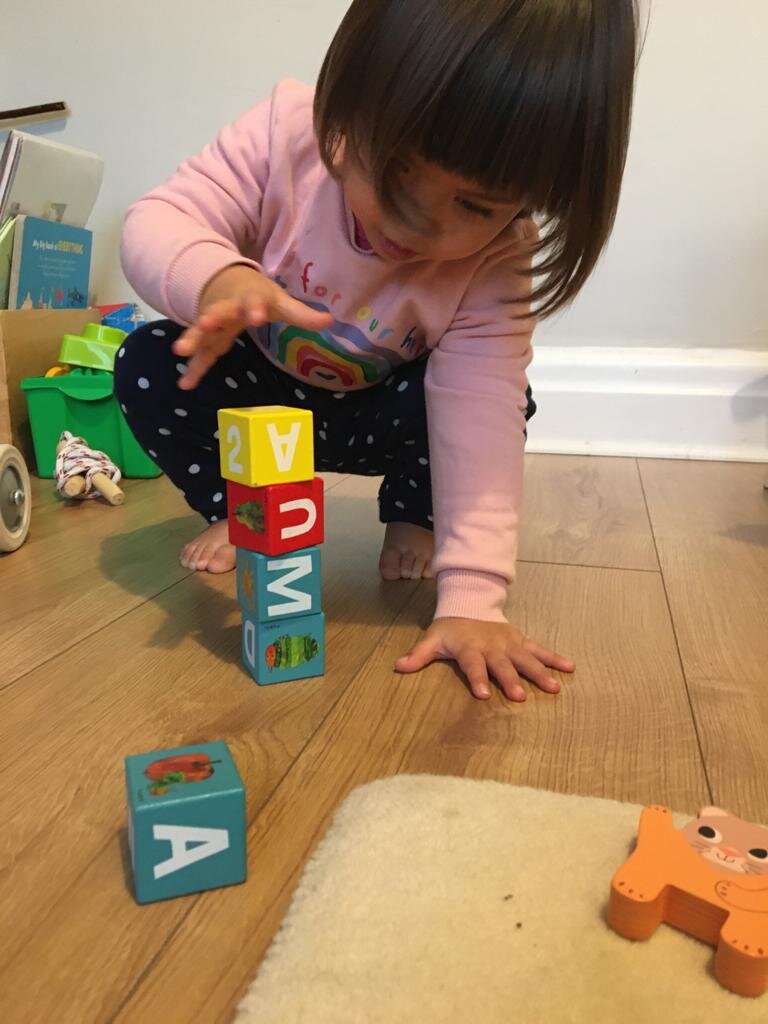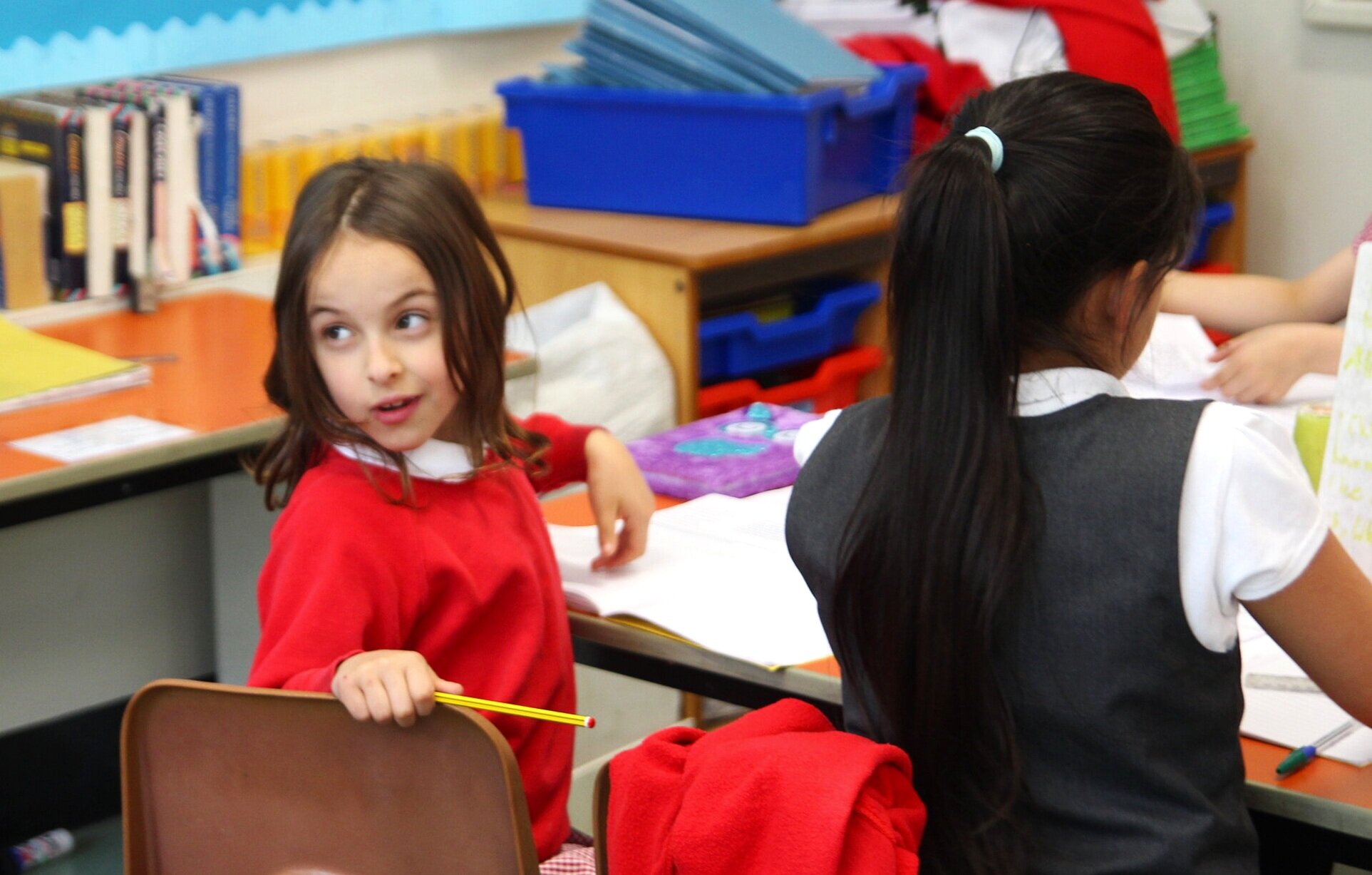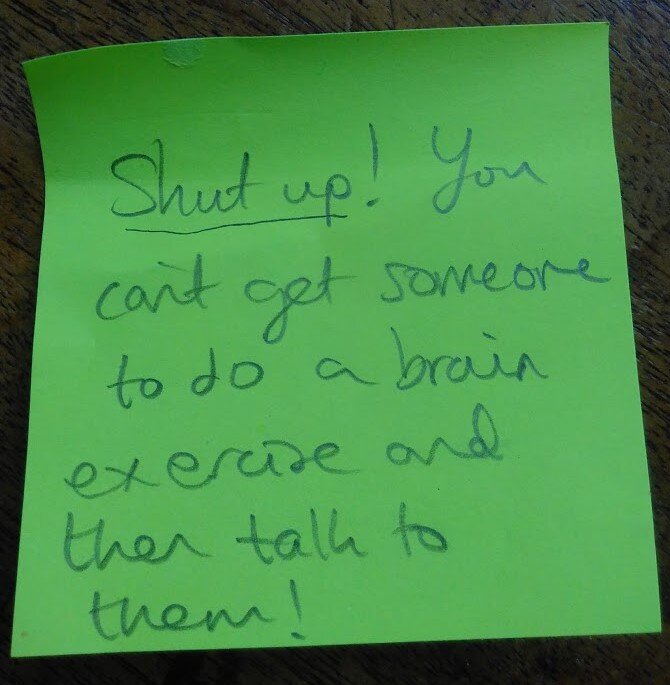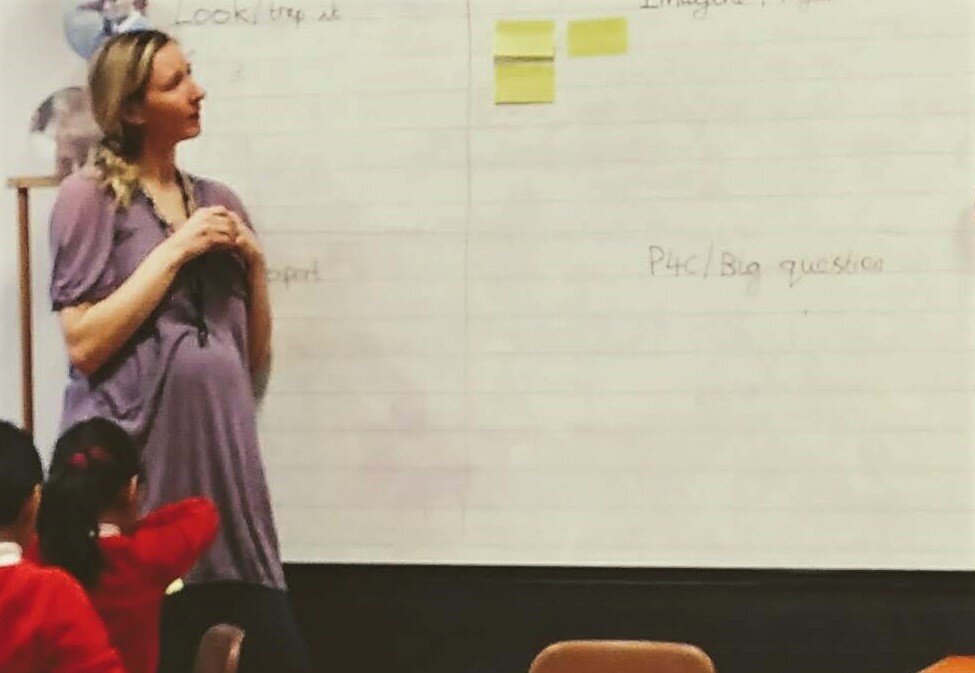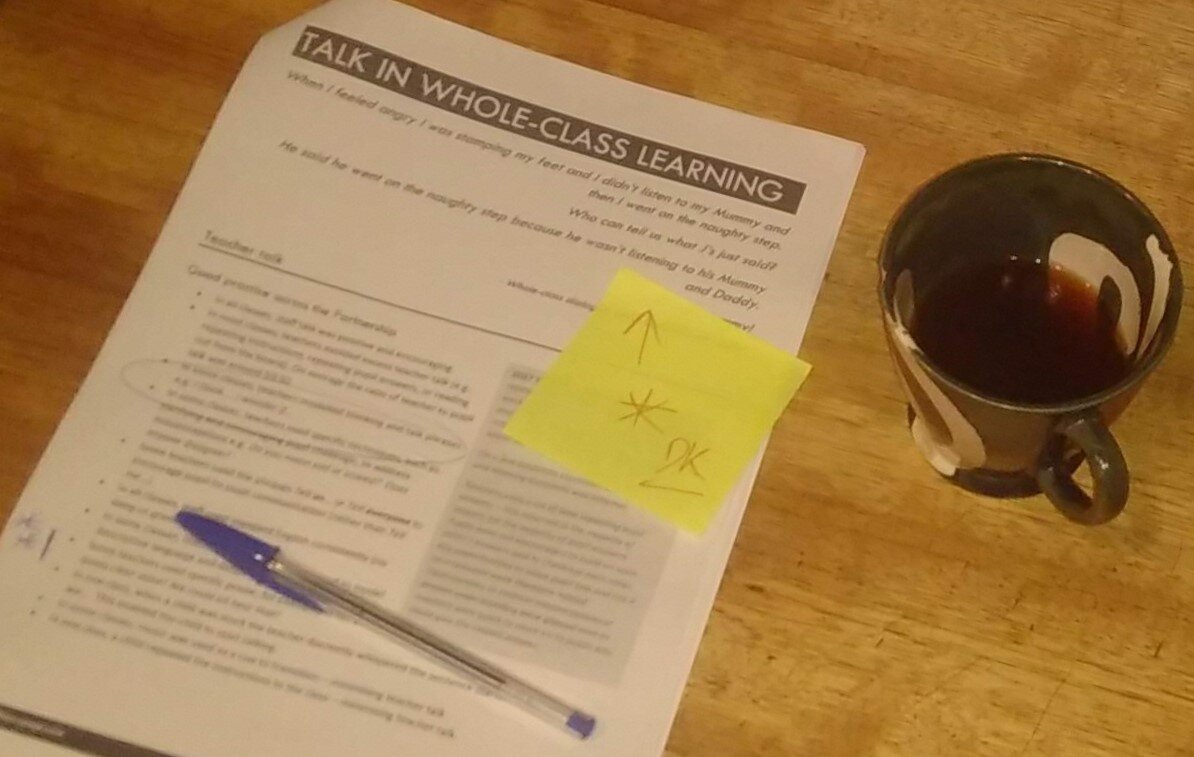
Many of us have a habit of repeating pupil answers and explanations. I recently chatted to teachers about why they do it. Here are some of the things they said:
It means there are no awkward silences.
So that L who sits at the back can hear. If I don’t repeat, she won’t take any of it in.
Because I want everyone to hear what’s been said.
It gives me time to think about what the pupil has said.
I make it sound clearer and make a bit more sense.
All of these reasons are worth taking a moment to think about.
If adults repeat all pupil talk, what does it say about the pupil talk? My opinion is that it can devalue pupil talk, it reduces pupil listening, and it lowers expectations that pupils will respond audibly.
It also means there is a lot of teacher talk – which students may tune out of – and less opportunity for quiet thinking time:
In their eagerness to elicit responses from students, teachers often develop verbal patterns that make the achievement of wait time unnecessarily difficult. Chief among the inhibitors is the habit of mimicry, repeating part or all of what a student says. A high mimicry rate cuts off extended wait times and reduces the quantity and quality of student responses.
- Mary Budd Rowe, Wait time: slowing down may be a way of speeding up!, Journal of Teacher Education 1986
Challenge yourself not to repeat, and see what happens.
An opportunity to take your teaching to the next level
Three steps to help your class develop their listening skills
Share this 4 minute video with your Early Years colleagues
How to give praise – and how not to – based on the research
Creating the conditions for productive dialogue online, just as we would in the classroom.
The importance of modelling constructive talk.
Simple-yet-effective techniques to get three year olds talking and keep them focused.
Ensure consistency and impact for high-quality pupil dialogue.
Significant improvements in teacher talk and pupil reasoning, before and after a school’s “Talk Project”.
The Director of Oracy Cambridge talks about what the research tells us about effective classroom practice.
A parents’ guide to communicating with children - also relevant to the classroom.





